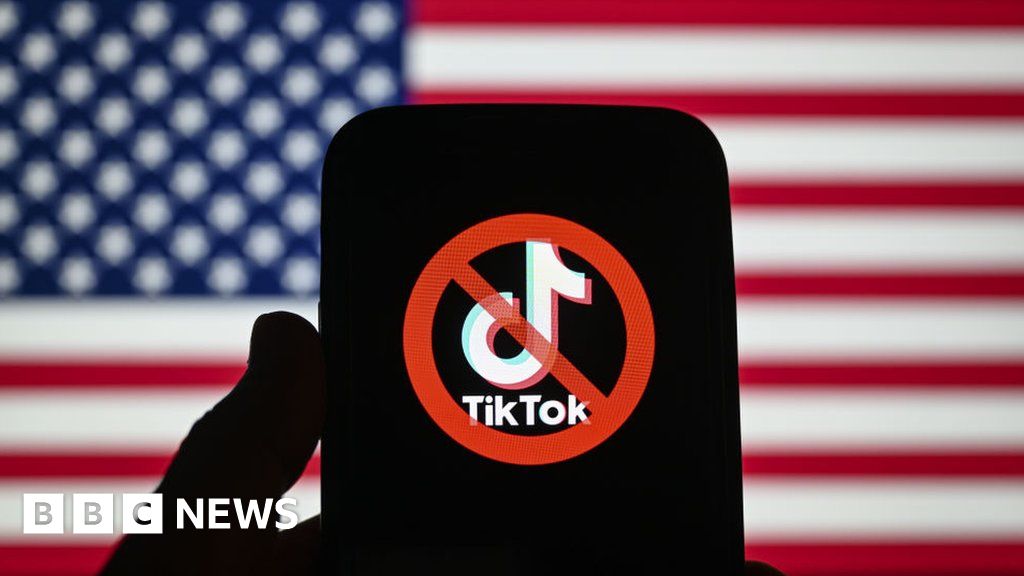A Clash of Big Tech and National Security
The legal battle reflects broader concerns about data security and national sovereignty in an increasingly digital world. Critics of TikTok cite potential risks of user data being accessed by the Chinese government, given ByteDance’s ownership. TikTok has countered these claims, asserting that U.S. user data is stored domestically and inaccessible to foreign entities.
Privately held ByteDance, whose investors include BlackRock and General Atlantic, has sought to delay the implementation of the law. The company argues that the mandate violates First Amendment protections against government interference in free speech.
Economic Ripple Effects and Future Prospects
The ban threatens the livelihoods of thousands of TikTok employees and the app’s vast ecosystem of creators and small businesses. With more than 7,000 U.S.-based employees, ByteDance has invested heavily in its operations. Creators reliant on TikTok for income and engagement may be forced to pivot to other platforms.
Experts believe that if the ban is reversed later, TikTok could restore operations for U.S. users quickly, but the loss of user trust and momentum could be significant.
As the deadline approaches, the stakes are higher than ever for TikTok, ByteDance, and millions of users. The outcome of this legal and political showdown will not only determine TikTok’s fate in the U.S. but also set a precedent for how nations address concerns over digital platforms and national security.



